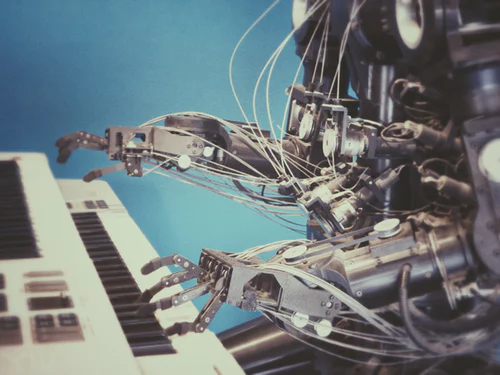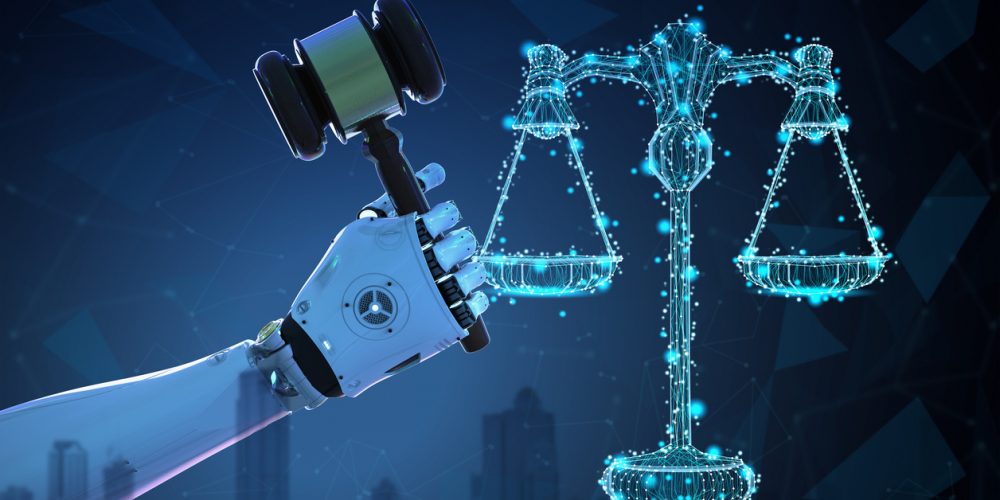
AI predicts the behavior of people with mental disorders better than doctors
Algorithms of machine learning have already proven to be an effective tool for predicting and diagnosing medicine. True, artificial intelligence was “specialized” mainly on the physiological aspects of health (say, it was predicted about the development of cancer ). Now, scientists decided to check how good the algorithms are in working with more “subtle matters” – in the field of psychiatry.
An international research team led by Professor Stephen Wood ( Stephen Wood ) of the Australian National Center for Excellence in Youth Mental Health Origen showed that artificial intelligence can accurately predict the social behavior of people with depression and a high risk of developing psychosis.
The authors compared three methods for predicting the so-called social outcomes of patients (for example, openness to social contacts and the ability to create and maintain relationships with other people). Clinical, neurovisual, and machine learning methods participated in the “competition.” In the first two cases, the forecasts were made by doctors.
In each of the approaches, the same data was used as a basis – the results of visualization of the brain activity of patients and the analysis of their answers in specialized questionnaires. In this case, the machine learning algorithm was previously trained to analyze and compare data from neuroimaging and polls.
The study involved 116 patients at risk of developing psychosis, 120 patients with recently started depression, and 176 participants in the control group. The age of volunteers is from 15 to 40 years. Projections of social results were compiled for the year.
As a result, it turned out that artificial intelligence surpassed the experts. His prediction accuracy was 83% for participants with a high risk of psychosis and 70% for people with depression. In both cases, the indicators exceeded the accuracy of forecasts of clinicians.
“By being able to better predict what will happen to people at high risk of psychosis or depression over time, we can provide individualized treatment to patients and improve their social functioning,” says Professor Wood.
According to his colleagues, the advantage of predictive modeling using artificial intelligence is that algorithms are devoid of so-called unconscious prejudice. Simply put, they analyze data without optimism, which sometimes interferes with doctors.
It is also noted that, despite the small sample, this work indicates a new promising direction in the work, which in the future, obviously, will develop. Computer models will not only eliminate the human factor , but also help to make the therapy personalized and as effective as possible , the authors conclude.
A scientific article with a more detailed description of the new approach was published in the journal JAMA Psychiatry.
By the way, earlier the authors of the project “Vesti. Science” told about other successes of neural networks in the field of medicine. For example, artificial intelligence has learned how to predict a person’s life expectancy from a photo of his organs, quickly and accurately diagnose myocardial infarction, and even predict the risk of a patient’s death .



